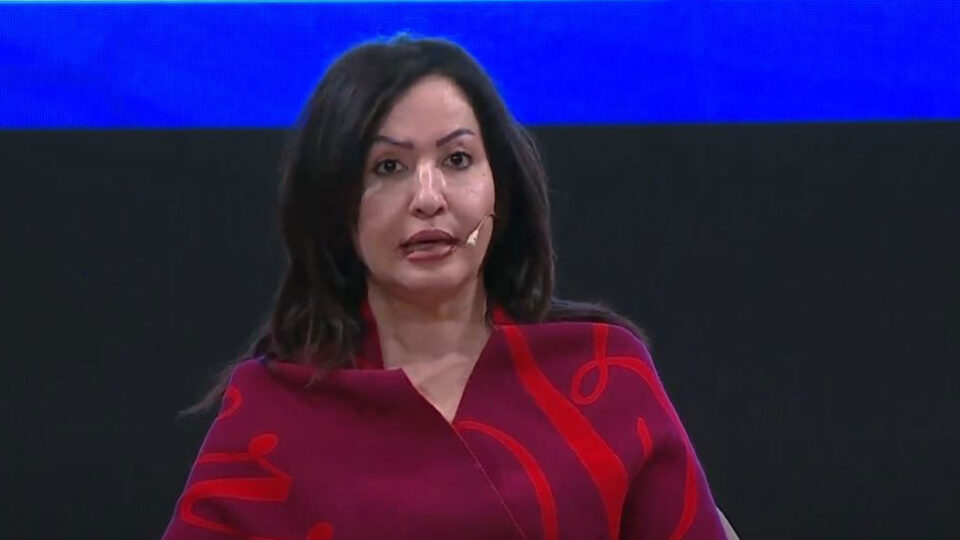Sema
“Yazidis have always had members at the parliamentary level,” Vala Fareed said. “True, they have been in the KDP (Kurdistan Democratic Party) faction, but they have represented their own community before defending the interests of the party.”
In an affirmation of political inclusion and coexistence, Vala Fareed, a Member of the Kurdistan Region Parliament, emphasized that the participation of Yazidis and all ethnic and religious components at the political governance level in the Kurdistan Region has become “fundamental.” Her remarks came during a panel discussion held on Tuesday at the first International Scientific Conference on Yazidis in Duhok.
Addressing the panel, MP Fareed praised the leadership of President Masoud Barzani, under whose guidance, she noted, “the principle of coexistence has been strengthened,” ensuring representation for all communities within the Kurdistan Region’s political framework.
“Yazidis have always had members at the parliamentary level,” she said. “True, they have been in the KDP (Kurdistan Democratic Party) faction, but they have represented their own community before defending the interests of the party. We also hope that in the tenth cabinet, Yazidis will have a special position and be given a ministry.”
Fareed stressed that the immense sacrifices endured by the Yazidi people, particularly during the catastrophic ISIS assault on Sinjar in 2014, should be mirrored in authority structures and government institutions. In response to the humanitarian disaster that befell the Yazidis, she highlighted, the Kurdistan Regional Government (KRG) moved swiftly to address the community’s urgent needs.
“After the Yazidi catastrophe, the government established a special office for rescuing Yazidi women, which has so far rescued a large portion of the victims; what remains is a small portion of the victims,” Fareed explained. She further noted that a high committee was formed in 2014, comprising the Ministries of Interior, Justice, Labor and Social Affairs, the Parliament, and the Prime Minister’s Office, to manage the rescue and rehabilitation efforts at both the domestic and international levels.
Among the significant legislative achievements, Fareed pointed to the Kurdistan Parliament’s 2019 decision to officially designate August 3—the date of the 2014 Sinjar attack—as a day of remembrance for Yazidi victims.
The parliamentary resolution, she noted, declared that the crimes committed against Yazidis constituted genocide and crimes against humanity.
She also underscored the continuing legal efforts to seek justice for the Yazidi victims.
“In the ninth cabinet of the Kurdistan Regional Government, Prime Minister Masrour Barzani asked us to prepare a bill for the prosecution of ISIS leaders to realize justice for Yazidi victims. Subsequently, a bill was prepared specifically for establishing a specialized court to prosecute ISIS leaders in the Kurdistan Region,” she added.
Fareed’s remarks come at a time when Yazidi demands for stronger representation and justice remain central to political discourse. Her statements at the Duhok conference align with broader initiatives by the Kurdistan Regional Government to institutionalize protection, support, and empowerment for Yazidis, whose survival and resilience continue to inspire global solidarity.
As the Kurdistan Region looks ahead to the formation of its tenth cabinet, expectations are rising that Yazidis will not only be represented symbolically but also empowered to play a substantial role in shaping the Region’s political, legal, and administrative future.

